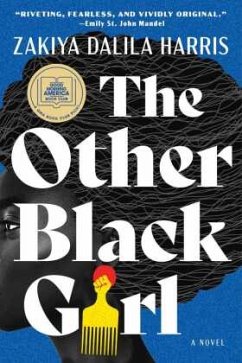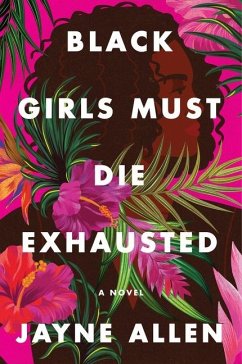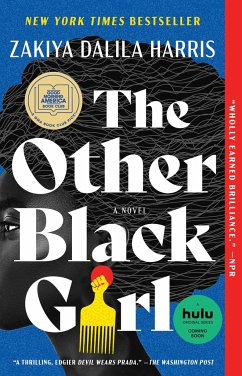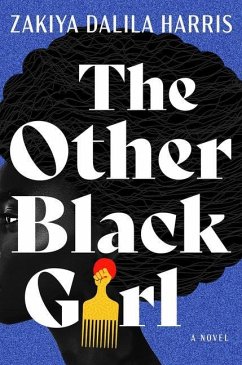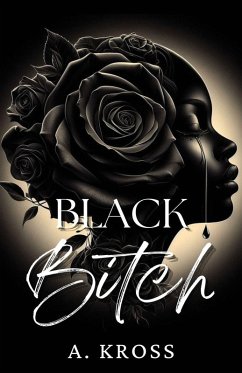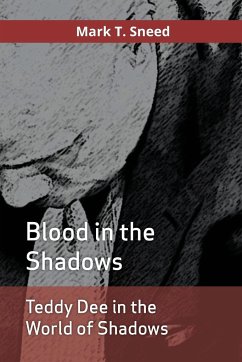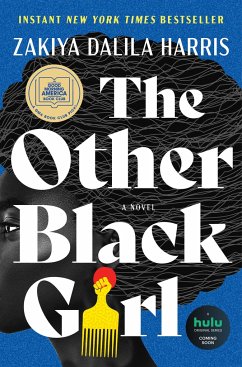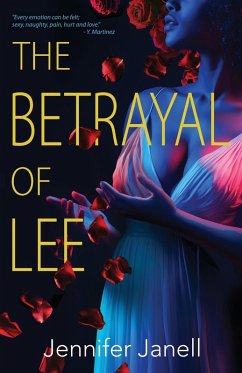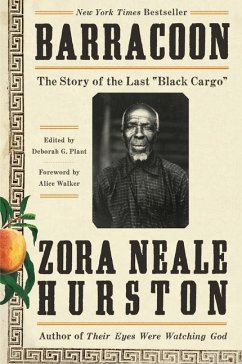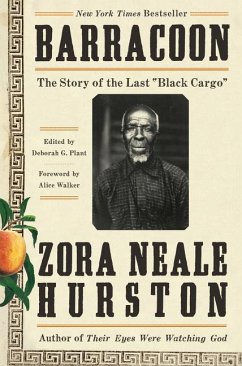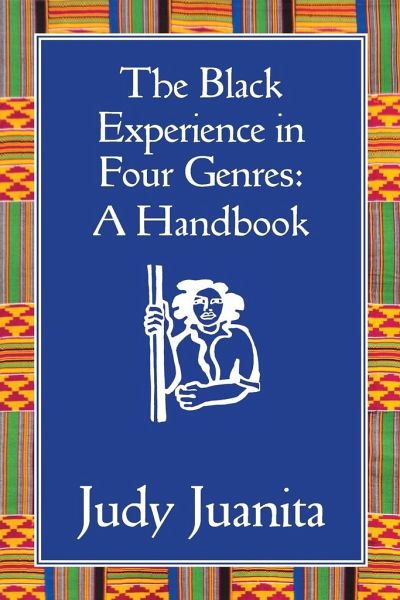
The Black Experience in Four Genres
A Handbook
Versandkostenfrei!
Versandfertig in 1-2 Wochen
10,99 €
inkl. MwSt.

PAYBACK Punkte
5 °P sammeln!
Four pieces in this text by writer Judy Juanita - a poem, drama, short story and essay - bring themes of adolescence self-determination & ethnic pride grief and regret, and the gun as romantic symbol or literal destruction, to college and high school students and to general readers. Questions for classroom or group use follow each piece. Each explores the black experience in different eras. The play is suitable for amateur theater productions or as a film script. The poem can be a monologue suitable for drama, speech, civics class or an audition. The play takes place in the 1950s: a rebellious...
Four pieces in this text by writer Judy Juanita - a poem, drama, short story and essay - bring themes of adolescence self-determination & ethnic pride grief and regret, and the gun as romantic symbol or literal destruction, to college and high school students and to general readers. Questions for classroom or group use follow each piece. Each explores the black experience in different eras. The play is suitable for amateur theater productions or as a film script. The poem can be a monologue suitable for drama, speech, civics class or an audition. The play takes place in the 1950s: a rebellious teen wins an essay contest on Americanism but is angered that her best friend's more militant essay didn't win. Her conservative mother wants her to accept it proudly. The play takes about an hour to stage or read in class, with six main characters and three minor characters. The poem spans the black experience from slavery to the present in 344 words. The short story, 1,764 words, involves a modern independent woman picturing the child she never had. Abortion, memory, motherhood, and the power of the unknown haunt her. The essay debates the impact of the 1960s black militant infatuation with the gun and ensuing post -Trayvon Martin disenchantment.





